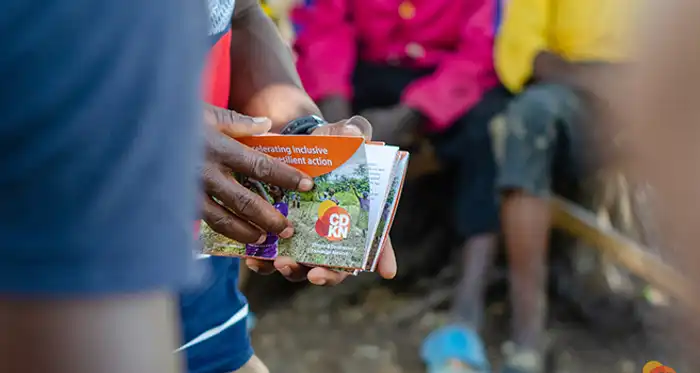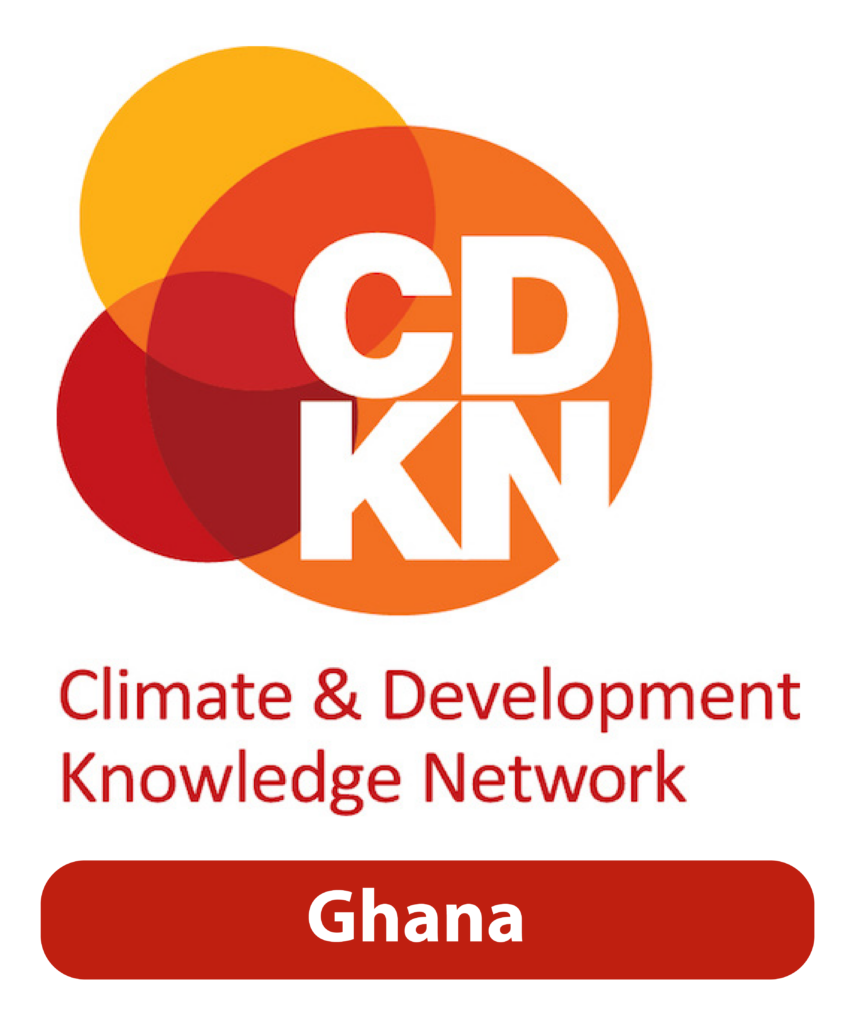In the Upper West Region of Ghana, a remarkable approach to adapting to climate change is unfolding, driven by the innovative strategies of the local community. These efforts, deeply rooted in their knowledge, education, technology and collective action, provide a roadmap for building resilience against the ever changing challenges posed by climate change. The journey of adaptation in the Lawra District within this region highlights how climatic risks have evolved over time. Initially, the main obstacle was crop failure due to unpredictable rainfall patterns. However, as the climate crisis intensified, bushfires became a new threat due to prolonged droughts. This situation underscored the need for flexible adaptation strategies that can effectively address both agricultural and environmental challenges by combining scientific insights with traditional wisdom.
A key factor contributing to success in this region is revitalizing and adjusting traditional practices to align with current climate realities. For instance, in Lawra, converting organic waste into fertilizer has emerged as a sustainable and efficient method to enhance soil fertility while minimizing harm to the environment. This innovation not only reduces reliance on chemical fertilizers but also serves as a model that other regions can adopt for sustainable agriculture. The Upper West Region demonstrates the power of local knowledge and innovation, which plays a vital role in developing strategies that can withstand climate change while respecting the land and its natural cycles.
Another crucial aspect of the region’s approach is integrating climate literacy into everyday practices. In Nadowli and nearby areas, agricultural extension services have been instrumental in educating farmers about climate risks and adaptive measures. This initiative emphasizes the importance of demystifying climate science, making it accessible and actionable for the community. By empowering farmers with knowledge to adjust their practices proactively, the region cultivates a resilient culture that recognizes local climate challenges and opportunities.
The strategic use of technology and effective communication, as exemplified in Nandom and other locations, underscores the essential role these tools play in climate adaptation. Leveraging weather forecasts, radio programs and community discussions not only bridges information gaps but also promotes a proactive approach to adaptation. These efforts highlight the significance of investing in communication infrastructure and technology that provide timely, relevant and localized climate information. This empowers communities to plan and respond more effectively to varying climates.
The collective actions observed throughout the Upper West Region emphasize how strong communities contribute to resilience. These initiatives demonstrate the power of working together in agriculture, reforestation and fire management to build resilience. By joining forces, individual actions have a greater impact, strengthening the fabric of the community to withstand climate challenges.
To sum up, the Upper West Region provides a compelling example of how local communities can lead climate adaptation efforts. By combining local knowledge, promoting climate awareness, utilizing technology and fostering collective action, the region not only tackles immediate climate risks but also lays the foundation for a sustainable future. This model can serve as a guide for other communities worldwide by emphasizing the significance of informed local leadership and collaborative approaches in effectively managing climate change challenges. The experience of the Upper West Region highlights the vital role that local communities play in global climate resilience and offers valuable lessons for an approach that can be applied globally.









